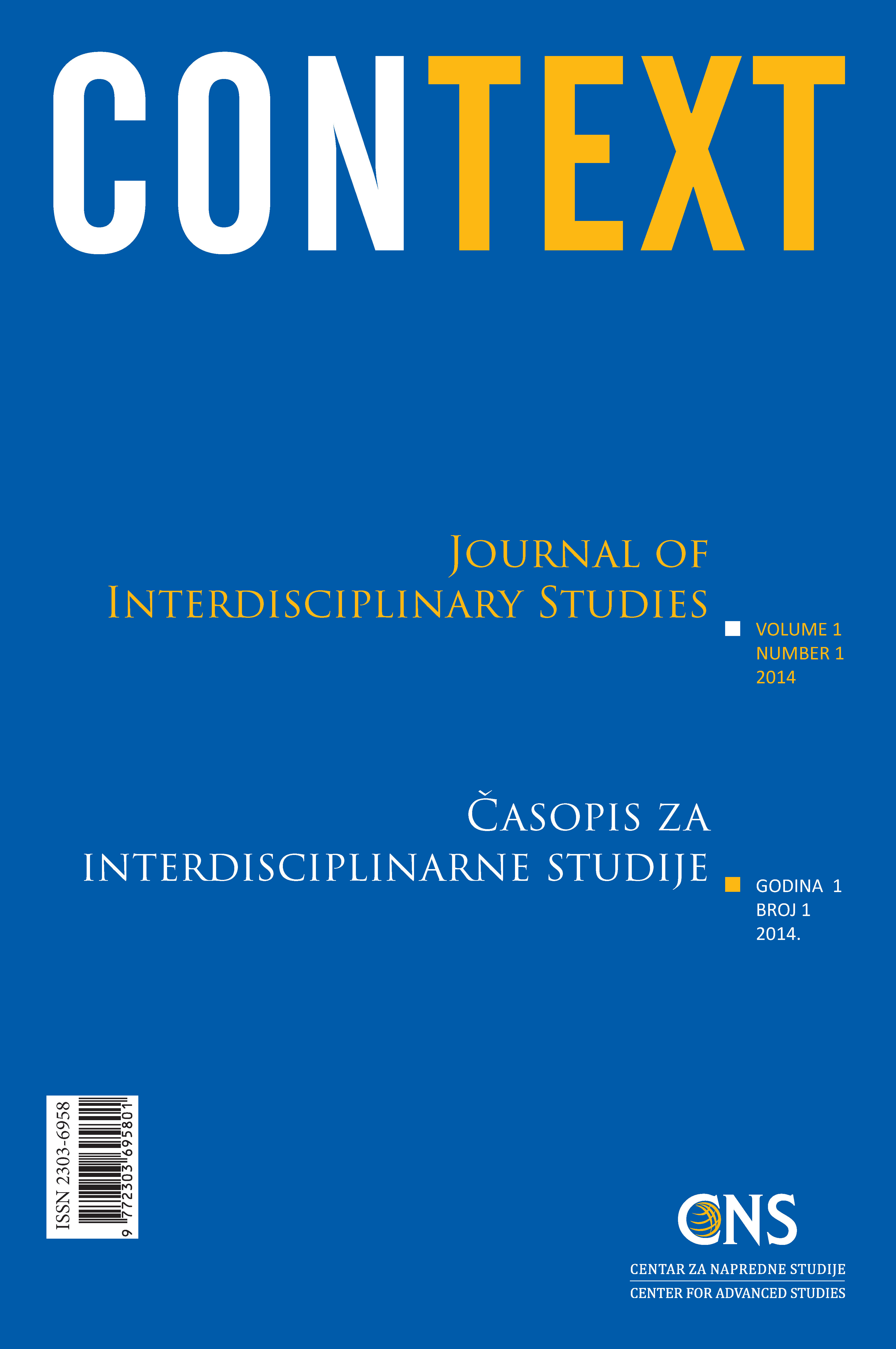Kvalitet integriranosti Islamske vjeronauke u školski odgojni kontekst
Quality of Integration of Islamic Confessional Education in Educational Context
Author(s): Emina Grabus, Izet PehlićSubject(s): Education, Islam studies, School education, Contemporary Islamic Thought
Published by: Centar za napredne studije
Keywords: integration; curriculum; curriculum based approach to planning; primary school curriculum; confessional education curriculum;
Summary/Abstract: The aim of this research was to establish the quality of integration of Islamic confessional education in educational context of schools; to diagnose manners and ways for reaching a higher level of quality of integration of Islamic confessional education in the educational context and also to propose measures and steps necessary for reaching higher level of its integration in the context of primary schools. The methods used for this were theoretical analysis and descriptive-analytical survey. The techniques used were attitude surveys of teachers of confessional education and teachers of other subjects with a questionnaire. A questionnaire was designed for the purpose of this research to examine the quality of integration of the subject into the integral educational curriculum of schools. The sample comprised of 104 Islamic confessional teachers and 100 teachers of other subjects in Zenica-Doboj Canton. The results of the research revealed that there is a statistically relevant difference in attitudes of Islamic confessional education teachers and teachers of other subjects. Confessional education teachers, more than other teachers, give more importance to the hidden curriculum, which is an indicator of real integration. They highlight the contribution of their subject to the development of integrated curriculum, point out the importance of framework for development of their subject curriculum as a basis for its integration into the school curriculum. They also establish greater inter-subject correlation with all educational segments; dedicate attention to teamwork and inclusion serving the development of integrated curriculum. They see assessment as a segment of evaluation that contributes to integration of confessional education into school’s curriculum, highlight the contribution of confessional education curriculum to development of pupil’s personality as well as the fact that the textbook for confessional education contributes more to integration of confessional curriculum than other textbooks and course curricula they are based on. Finally confessional education curriculum is largely integrated in primary school curriculum and contributes to integrated school curriculum more than the curricula of other subjects.
Journal: Context: časopis za interdisciplinarne studije
- Issue Year: 1/2014
- Issue No: 1
- Page Range: 54-88
- Page Count: 37
- Language: Bosnian

